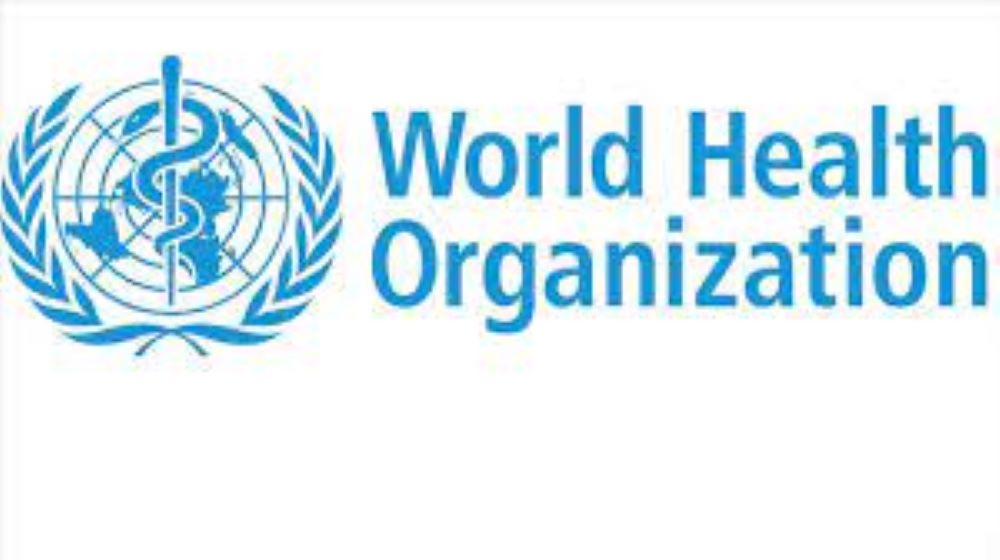A mission of senior WHO experts, who visited Tunisia from 23 to 25 August 2022, had extensive meetings with all stakeholders, including the Institut Pasteur de Tunis, national regulation authority, national drug control laboratory, pharmaceutical inspection, other directorates from the Ministry of Public Health and Technopole of Sidi Thabet.
The mission then met with HE the Minister of Health Dr Ali Mrabet to debrief him on the outcome of the discussion and the proposed action plan in preparation for the production of mRNA vaccine technology.
Just over 2 years since COVID-19 began spreading, there are now multiple safe and effective vaccines against it, and more than 10 billion doses have been administered globally.
By improving access to quality-assured medical products, local production can take us further down the road to universal health coverage
The COVID-19 pandemic has shown vulnerabilities in medical product supply chains dependent on a small number of manufacturers for raw materials and finished products.
One of the most obvious lessons learned from the pandemic is the urgent need to increase local production of vaccines, especially in low- and middle-income countries.
The diversification of production is key to having a reliable supply of safe and efficacious medicines, vaccines and other health products.
We believe that the mRNA technology transfer holds huge promise, not just for increasing access to vaccines against COVID-19 but also for other diseases, including malaria, leishmaniasis, tuberculosis, rabies and cancer.
By improving access to quality-assured medical products, local production can take us further down the road to universal health coverage and help to achieve the health-related targets of the Sustainable Development Goals.
This will not only make the world healthier and more resilient, it will also create jobs and economic opportunities.
WHO looks forward to working closely with the Ministry of Public Health and all partners to ensure the safety and quality of vaccine production in Tunisia.
